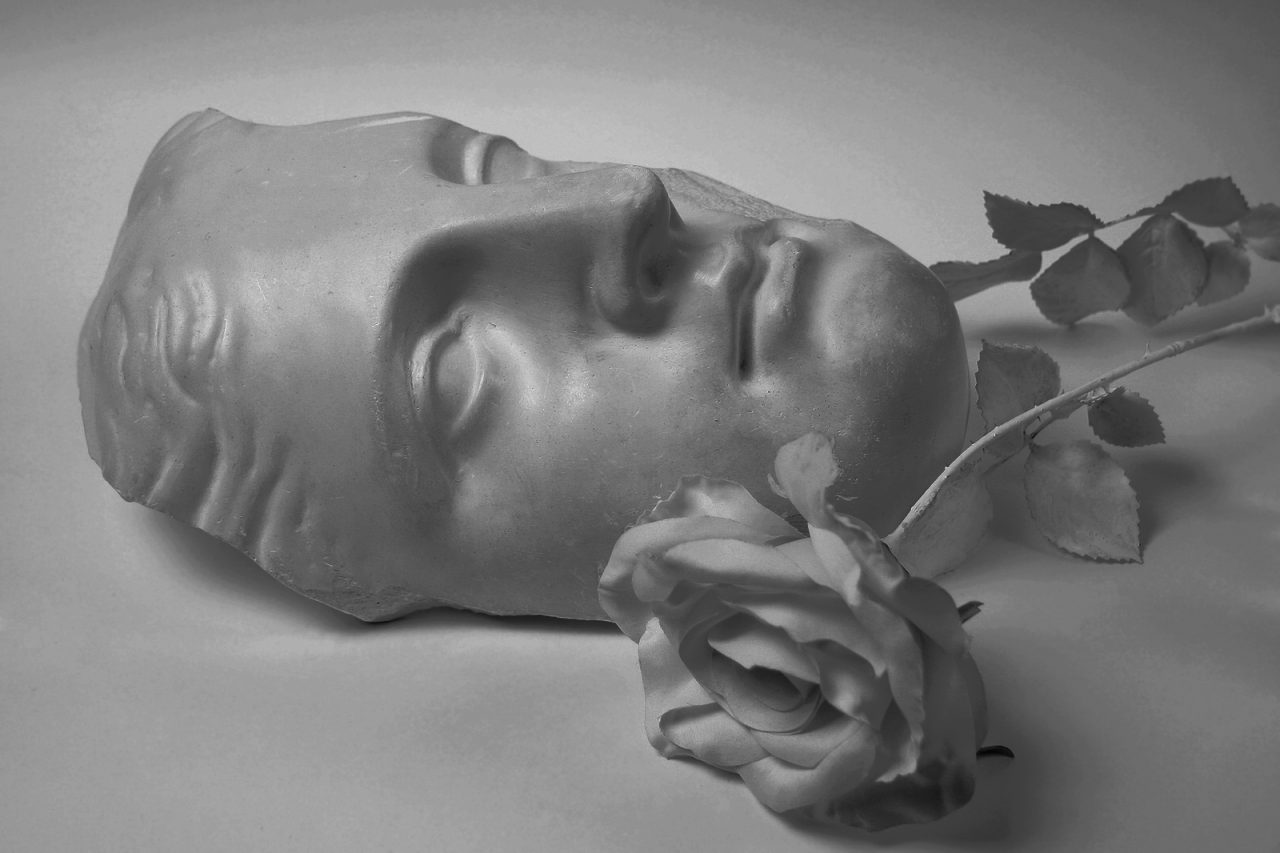Today, I hesitated to refer a patient to hospice. The patient is perfect for that model of care. She has strong family and friend supports, multiple opportunities to maintain quality, independence and dignity, and while she has a disease we cannot fix, she will do very well with personal palliation. Nonetheless, I almost did not recommend hospice, because I realize that hospice is going to completely fail to take care of a key member of this patient’s care team. They are not going to take care of me.
The hospice concept places the patient and family at the center, surrounded by the hospice team. The referring doctor is a loose member of that team, but is not involved in the hospice meetings or daily decisions. The problem with this model is that after taking care of a patient for a long time, the doctor is often close to the patient and more or less, emotionally attached. Referring a patient to hospice may result in a significant loss to the doctor.
Hospices usually do not maintain a close conversation or bond with the primary doctor. They send the required paperwork and call with the occasional emergency, but often the next significant contact after the original referral, is to notify the physician of the patient’s death. For those doctors who are not comfortable with end-of-life care, this professional and functional distance may be acceptable. However, for many doctors who fight fatal diseases month after month or even year after year in each patient, the loss of connection is draining.
I have never had a hospice say, “Hey doc, how are you doing? This must be hard on you.” My loss, my pain, is not acknowledged. Generally, that is OK. It is not the job of the health care system to heal my wounds. However, I wonder if one of the causes of late hospice referral is the abrupt severing of invested patient-physician relationships. Hospices, who are charged with comfort and bereavement, ignore the pain which comes from loosing patient after patient and having no one say, “Are you alright?”
Thus, as I explained hospice to this patient and her family, I made a point of saying that I would still take care of her, that I would be closely involved and that the hospice was not “taking over.” I noted that hospices are so motivated to bring comfort and support into that patient’s environment that they often cut out the treating doctor. My patient’s extraordinarily insightful friend summed up that action, as “militant kindness.” I could never have said it better.
Those of us who fight battles, which we know we will loose, cope with reality by finding perspective. We do not invest in false cures or false hope. We focus on what we can truly achieve. However, we are just human and, not rarely, we fall in love with the patients and families held gentle in our hands. Perhaps, sometimes, it might help if someone would hold us as gently.







37 Comments